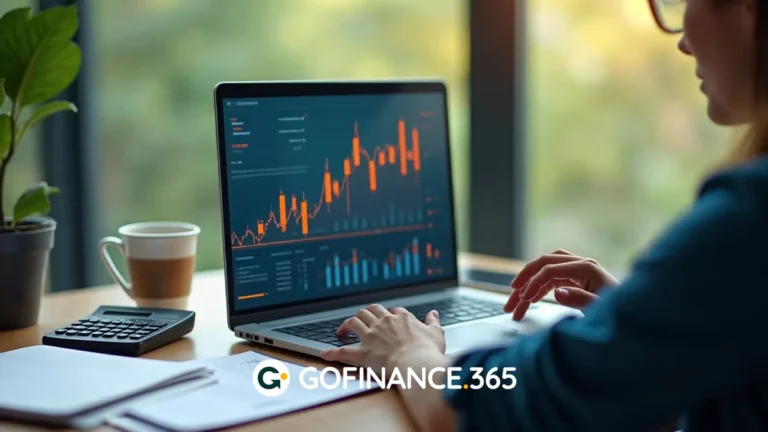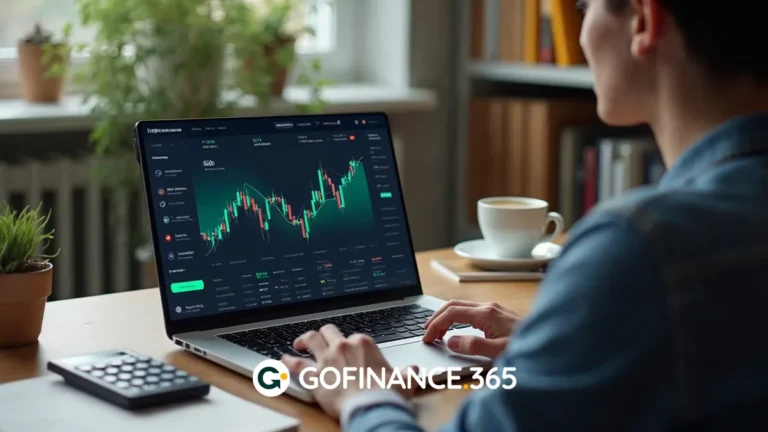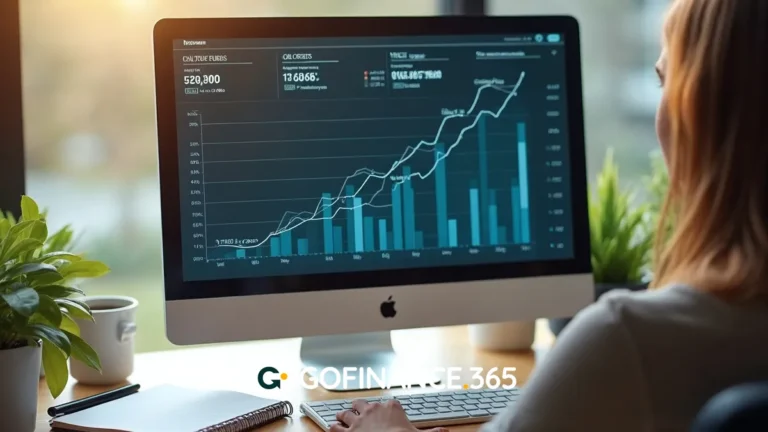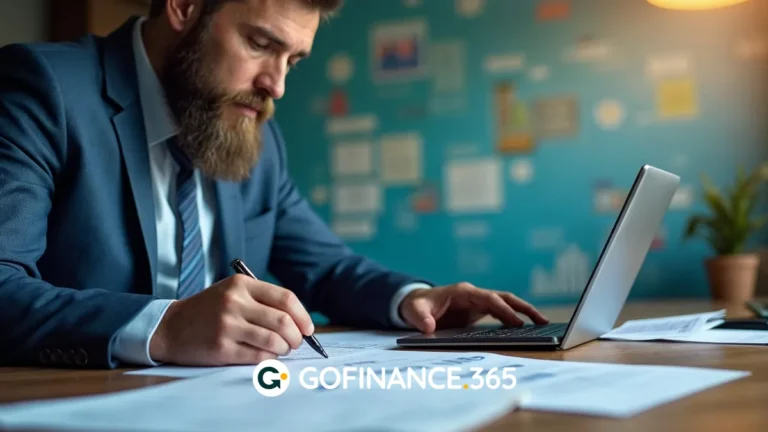Table of contents:
Do you feel like your debts are keeping you awake at night? You’re not alone. Every month, thousands of people struggle with accumulated payments, rising interest rates, and the anxiety of not knowing where to start. But there’s something you should know: paying off your debts faster without stress can be easier than you think if you apply the right strategies.
In this practical guide, we’ll share 10 realistic and effective tips to free yourself from debt without sacrificing your well-being. Each step is designed to help you regain control of your personal finances and build a healthier relationship with money. Let’s get started!
1. Assess your financial situation with complete clarity
The first step to getting out of debt is to accept reality without evasion. This is not about punishing yourself, but about giving yourself an honest starting point. Assessing your financial situation clearly will allow you to know exactly how much you owe, to whom, and under what conditions.
Make an inventory of your current income, your fixed and variable expenses, and all your outstanding debts. Only by understanding the whole picture can you chart an effective route out of the problem.
Gather all your debts, interest rates, and due dates
Make a complete list of the amount of each debt, the interest rate that applies, and the due date. Rank them by priority and risk. You can use a spreadsheet or specialized apps to visualize this better.
Calculate how much you can pay per month without compromising the essentials
Set a realistic monthly amount that you can allocate to debt repayment while still covering your basic needs such as food, housing, and health. This balance will be key to avoiding falling into more debt while paying off your current debts.
2. Design a functional and realistic budget
A good budget not only tells you what you spend, but also helps you decide how to spend better. It should be tailored to your real life, not an idealized version of it. The key is to differentiate between what you need and what you can postpone or temporarily eliminate.
A well-designed budget will allow you to find hidden money in your own spending. Small monthly leaks, when corrected, can add up to a considerable amount to pay off your debts faster.
Organize your expenses into mandatory and discretionary categories
Classify your monthly expenses into two blocks: essential (rent, food, transportation) and discretionary (entertainment, eating out, subscriptions). Cutting back on the latter will give you more room to maneuver.
3. Apply a strategic debt repayment method
It’s not enough to pay when you can; you need a defined strategy. Systematic payment methods help you move forward with order and motivation, and above all, pay less interest over time.
The two most effective and popular methods are the avalanche method and the snowball method. The choice will depend on your psychological profile and financial priorities.
Avalanche method vs. snowball method: which one is right for you?
- Avalanche: Pay off the debt with the highest interest rate first. You save more in the long run.
- Snowball: Pay off the smallest debt first. You gain motivation by seeing quick results.
Choose the method that best aligns with your style to stay consistent.
4. Reduce expenses without affecting your quality of life
Saving doesn’t always mean giving things up. Often, all it takes is making smart adjustments that free up money without requiring you to live in deprivation. The trick is to review your habits and the services you pay for.
Being aware of small expenses is the first step to making a big impact. Often, what seems insignificant ends up being a constant drain on your finances.
Identify “petty expenses” and adjust them
Daily coffees, snacks, delivery: they may seem harmless, but they add up to a significant amount each month. Identify them, quantify them, and decide which ones you can cut back on without sacrificing your well-being.
Renegotiate services such as subscriptions, phone plans, etc.
Contact your service providers and ask for better rates. They often have hidden plans or active promotions that can reduce your monthly costs without losing benefits.
5. Try to increase your income
Increasing your income does not mean working 80 hours a week. Today, there are many ways to generate extra income without stealing your energy or rest time.
The key is to identify your skills, talents, or available resources and see how you can monetize them in a practical way.
6. Negotiate your debts before reaching the limit
Many people are afraid to talk to their creditors, but the reality is that they are often open to finding solutions before the situation gets complicated. Negotiating is not a failure; it is a smart strategy.
By being proactive, you can reduce the total amount you owe, extend the payment terms, or consolidate your debts under better conditions.
Contact your creditors to propose alternatives
Explain your situation clearly. You can request a reduction in interest, a more flexible payment schedule, or even a complete restructuring of the debt.
Consider consolidation if you have many small debts
Consolidate your debts into a single loan with a better rate. This simplifies your financial management and can help you pay less in interest.
7. Avoid common mistakes that make your debts worse
In the process of wanting to pay off their debts quickly, many people fall into traps that only make their situation worse. Knowing what these traps are will allow you to avoid them.
From taking out more loans to misusing credit cards, there are practices you must eliminate if you really want to break out of the cycle of debt.
Don’t use more credit to cover current debts
Borrowing money to pay off money only multiplies the problem. If you can’t take on new credit with clear and advantageous terms, it’s best to avoid it altogether.
Be wary of quick loans with hidden interest
Avoid unregulated entities and “express” loans that promise magic solutions. They often have abusive terms that put you even further into debt.
8. Set clear goals and celebrate each step forward
Getting out of debt is a journey, and like any long journey, it requires small intermediate goals to keep you focused and motivated. Celebrating achievements strengthens your commitment and prevents you from giving up.
A well-defined goal gives you direction and meaning. Each debt paid off should be seen as a victory, not just a formality.
Divide your total debt into achievable goals
Example: “I want to pay off $500 on this card in 3 months,” not “I want to get out of debt.” The first approach is actionable, the second is vague.
Reinforce your motivation with small personal rewards
Every step forward deserves recognition. It doesn’t have to be extravagant, but it should be something that reminds you of your progress: a special meal, a day off, or a small gift.
9. Take care of your mental health during the process
Financial stress can seriously affect your physical and emotional health. Poor sleep, anxiety, or feelings of guilt are signs that you need to pay attention not only to your finances, but also to your inner well-being.
Remember that money is just a tool, and it shouldn’t have the power to undermine your peace of mind.
Practice relaxation and mindfulness techniques
Conscious breathing, meditation, or walking outdoors can help you regain the mental balance you need to face the process with greater clarity.
10. Stay debt-free: the plan after the plan
Getting out of debt is not the end, it is the beginning of a new stage. To avoid repeating the cycle, you need to adopt financial habits that strengthen your long-term stability.
A prevention plan is just as important as an action plan, if not more so. And it should start from the moment you pay off your last debt.
Create an emergency fund to avoid relapses
Having at least 3-6 months of basic expenses covered will allow you to deal with unexpected events without going back into debt. This fund is your safety net.
Learn to use credit responsibly and strategically
Credit is not the enemy if used wisely. Learn about limits, rates, full payments, and how to improve your credit history.
Pay off your debts without losing your cool
Getting out of debt doesn’t have to be a stressful process. With planning, discipline, and practical strategies, you can pay off your debts faster without stress and regain the financial peace of mind you deserve.
Remember: it’s not about how much you earn, but how you manage what you have. Take the first step toward a more stable financial life today.
Frequently asked questions about paying off debt without stress
Below, we answer the most common questions people have when starting this process. These answers are designed to give you peace of mind and clarity.
Is it possible to get out of debt without earning more?
Yes, if you know how to optimize your resources, reduce expenses, and use appropriate payment methods. Increasing your income helps, but it’s not the only way.
What to do after getting out of debt?
Build an emergency fund and maintain good financial habits. Learn from the experience to avoid getting back into debt.















